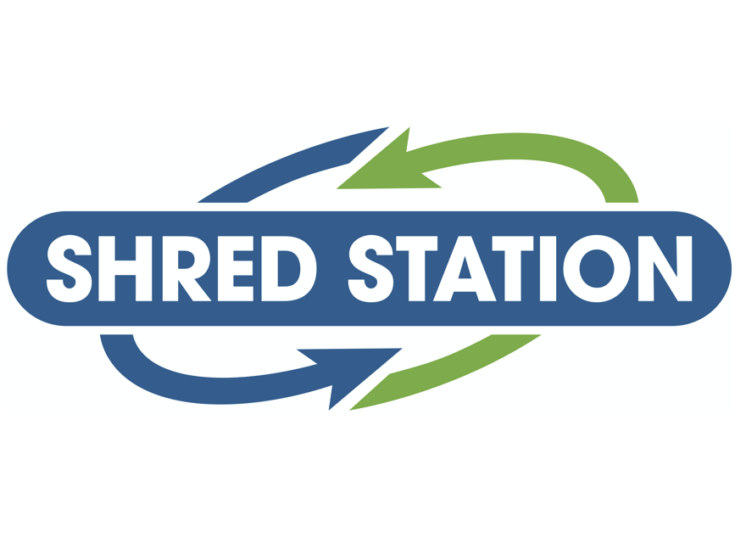However, an IT professional coming into a typical waste and recycling company at this level will face a range of significant challenges, and will need support both to convince the board to spend money in the right areas, and to bring teams along with them.
What do CIOs need to do?
This varies from company to company, of course, but we find that the top challenge facing a new CIO is the number of disconnected legacy systems . These systems have been added to the business over time, or have come along with an acquisition. They are often out of date, unable to integrate with other systems, not fit for purpose, and do not provide the wider visibility that companies need.
CIOs need to evaluate what’s currently in place and make recommendations for better, efficient, reliable systems that not only support the business’s current practices, but will support future growth and potential change in business models.
In a recent report, business consultants McKinsey listed five things that CIOs need from their boards to transform IT:
- Ensure a long-term mandate and support, by understanding the full value of software and technologies.
- Align on priorities to keep IT from ‘serving many masters’.
- Make the business a magnet for tech talent to attract top engineers, not just C-suite-level executives.
- Understand tech implications so that complexities don’t block business priorities.
- Build up technical literacy to maintain commitment to the transformation.
McKinsey says that whilst boards and CEOs need to make an effort to get to grips with technology and its importance in running the business efficiently, it’s the responsibility of the CIO to drive this change. And that’s a significant challenge in a business where the cultural approach to technology is often to dismiss it, or to resent spending money on it. CEOs may also have been ‘burned’ by previous technology projects that have run over-time or over-budget and have underdelivered on their promises
Managing a range of challenges
Whilst tackling the cultural approach to IT and the issue of legacy systems, CIOs also face a number of other potentially critical challenges:
Security and data protection – waste and recycling companies need to show that they have the systems, processes and training in place to manage cybersecurity threats. No business is immune from attack, and waste companies have been hacked in the past with serious consequences for the business. A lack of joined-up tech leaves holes in an organisation’s security that cybercriminals are happy to exploit. In order to win over new customers, companies will have to show that they take security and data protection seriously and are complying with relevant legislation.
Complexity of changing business models – when a waste and recycling company is operating a linear model, the IT requirement is quite straightforward. But businesses are now – quite rightly – moving to a circular model where waste is collected, separated and where possible sold on to secondary markets. This creates a more complex business model with more areas to control, measure and report on. And in turn, this requires a more sophisticated and integrated approach to technology.
A new regulatory landscape – wherever waste and recycling companies are operating around the world, they are becoming subject to a range of regulatory and legislative requirements. These require clear and regular reporting and that means having visibility across all areas of the business. CIOs should bear in mind that this reporting requirements are not only for their own business, but may be required by customers who have to build supply chain reporting in this area.
Investing in dedicated systems
ISB Global’s software (WR1) solution provides essential and comprehensive integration for your waste management and recycling business.
Built on a comprehensive architecture, OutSystems low code platform integrated to SAP and hosted by Amazon Web Services, it’s the software solution that standardises, integrates, simplifies, and automates all your waste and recycling processes, to create efficiencies throughout the business.
The architecture has been systematically engineered to take into consideration waste and recycling industry business processes, low code innovations, and connectivity and development environment, integration with industry standard and world leading ERP, SAP, alongside the security these leading vendors and infrastructure hosting delivers. SAP is not the only enterprise ERP available that can be considered, but it’s been the ERP of choice for the majority of our customers.
WR1 meets the McKinsey’s report parameters by:
- Using multiple specialist world leading suppliers that are expert in application, service and infrastructure with a long-term strategy
- Allowing for easy central control of all aspects of IT rather than application and departmentally led
- Helping to attract and retain top talent through the software vendors’ industry prowess and supporting systems , training and leadership
- Being able to deliver new and innovative solutions using emerging technologies and mould them into the vendor and application infrastructure
- Providing support, applications, products, technologies and lines of business to ensure easy and continual change and digital transformation
Customers who have implemented Waste & Recycling One have seen an increase in speed, accuracy, and efficiency from 20-80% across multiple financial and operational business processes. If you’d like to chat about how WR1 could transform the profitability and operational efficiency of your waste and recycling business, contact us today. We’re happy to talk through your current tech challenges and support you to start the process of change.








